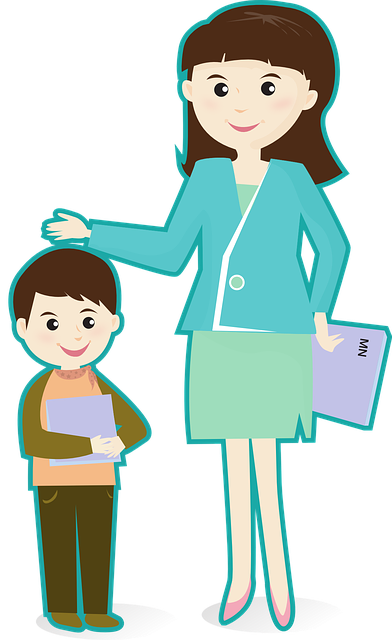
New Testing Accommodations for the ACT
As of July 2021, the ACT is now allowing students with communication disabilities to qualify for accommodations via their IEPs and 504 plans. These changes will apply for the 2021-2022 school year. To receive testing accommodations, one only needs to submit their IEP or 504 plan that shows the testing accommodations to ACT when they register to take the test. They are also offering accommodations to those without IEPs or 504 plans when documentation from a licensed professional identifies a physical or mental impairment, which limits one or more life activities. People can also submit current and official accommodations or an expired IEP or 504 plan if no longer a student. Deppe, J. (2021, September 1). Act Test Will Now




